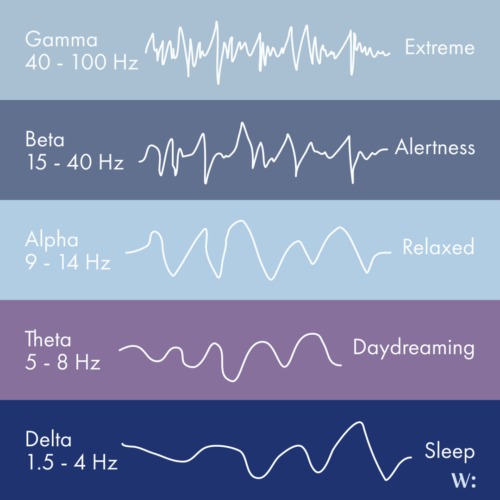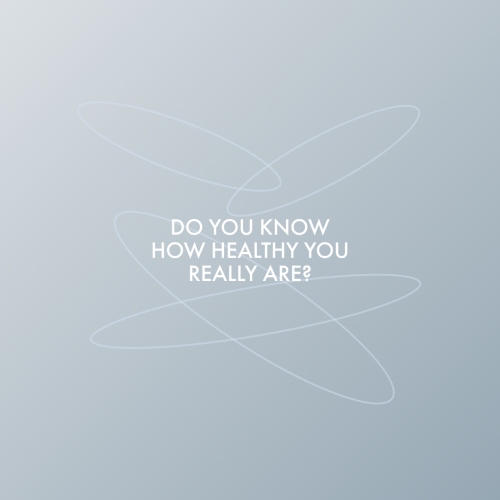5 science-backed self-care strategies. Prioritize your well-being in a turbulent world
"When the restless activity of your mind slows down, when your thoughts stop rushing like waves on a windy day, then you will start getting glimpses of the sweet taste of inner peace."

When it comes to self-care, stress shines as the wall between you and your internal tranquillity. But it doesn’t have to be like that. People have been dealing with stress for hundreds of years, and recently science has caught up with our desires for that sweet, peaceful mental state. Here are our 5 favourite science-backed ways you can try to improve your emotional, physical, and spiritual health.
Gratitude journaling
What is it, you might ask. Well, gratitude journaling is when you sit down, away from distractions, and try to write 1, 2, or 10 things that you’re grateful for in your life. That’s it. A lovely blue sky, a delicious tart, getting a promotion, a compliment you received, it can be anything – big or small.
It has been shown that when people regularly express gratitude, they have lower levels of stress, and they’re less likely to feel depressed. In such a way, it can help build resilience and nurture your inner contentment.
Gratitude journaling has also been shown to improve sleep. In one study, people were asked to write down 3 things they were grateful for before going to sleep 21 nights in a row. This bare-minimum exercise made those people sleep longer and feel more well-rested.
If keeping to healthy habits seems hard, gratitude journaling has also been shown to help with that. People who regularly practice gratitude are more likely to keep to a healthy diet. Why? Maybe it’s just that when we’re more optimistic about the world around us, it’s just easier to do the right thing.
"Gratitude journaling can reduce stress, improve sleep, help keep to a diet, and just feel more content and resilient overall."
Grounding
Grounding is when you connect with the ground. For example, when you walk barefoot on a grassy lawn, on a sandy beach, or even on plain pavement. The idea behind it is that you balance your body’s electric charge with the charge in the ground. Sounds like a pseudoscientific fad? Well, there’s plenty of evidence to support it. Let’s take a look.
Grounding has been shown to improve wound healing, and immune function, and reduce inflammation. Chronic inflammation is a process in your body linked to dementia, stroke, depression, obesity, slower thinking speed, and shorter life in general.
But that’s not all. Grounding has also been shown to reduce the levels of the stress hormone cortisol – grounding can reduce stress on a molecular level! It has also been shown to improve sleep quality and – you might have already guessed it – improve mood.
"Grounding has been shown to improve immune function, wound healing, reduce inflammation, reduce cortisol, improve sleep, and improve mood."
Optimistic mindset
Optimism isn’t just a feeling, it’s a tool. A powerful tool. In one study, people who went through optimism training showed lower levels of inflammation. As we’ve mentioned before, chronic inflammation is linked to all sorts of physical and mental health problems, so reducing it can really boost your overall health and well-being.
Optimism has also been linked to lower blood pressure, lower risk of cardiovascular diseases, lower levels of LDL “bad” cholesterol, and yet again, lower levels of cortisol – the stress hormone.
Just like with gratitude journaling, optimism can help adhere to diets, and in general, help nurture healthy habits. Optimism really tackles our well-being on all fronts – mental and physical.
"Optimism has been linked to lower inflammation, better heart health, lower LDL cholesterol and lower levels of the stress hormone cortisol."

Simply having a pet
Okay, not simply having a pet, but also loving it. Research has shown that people who own dogs have a decreased risk of cardiovascular diseases and lower blood pressure. We assume this implies not just owning a dog but also caring for it, loving it, and generally being emotionally close to it.
Other researchers have found that people who own pets have a milder physiological response to stress. This means they’re not as affected by it, or at least that their bodies don’t show such huge reactions to stressful situations. Is this resilience? It very well might be.
You might think, dogs – yes, they can help with stress, obviously. Bopping their squishy nose is pretty much equivalent to 10 min of meditation (not a scientific fact). But no, it’s not just dogs. Research suggests that even owning a fish can help manage stress.
"People who own pets are likely to be more resilient to stress, and have better heart health. So, cuddle away!"
Meditation
No article about stress management can escape the mention of meditation. And not because it’s a cliche, but because it’s really one of the most powerful and versatile tools in managing your stress and improving your well-being.
Meditation can improve your physical health by reducing the feeling of pain like headaches, lower back pains and premenstrual pains. Studies show meditation can also lower your blood pressure, and even contribute to longevity by reducing cellular ageing.
Meditation even seeps into your guts, affecting your gut microbiome. It has been shown that people who meditate have gut microbiomes which can protect the body from inflammation, and cardiovascular diseases, and enhance immune function.
And of course, meditation can help with emotional stability and self-regulation. It’s truly a powerful tool affecting all aspects of our well-being. From physical to mental, to spiritual.
"Meditation can reduce feelings of pain, improve the gut microbiome, improve heart health, and help with emotional stability and self-regulation."
The power of these self-care methods is that anyone can do them, even right now. So don’t hesitate. Go outside barefoot, ground yourself, meditate, bring your dog with you, and write down this blissful moment in your gratitude journal. Enjoy the peace. Enjoy the moment. Every other aspect of your life will follow.
"Peace is the inner nature of humankind. If you find it within yourself, you will then find it everywhere."
More from the magazine
Selected stories from our Team








